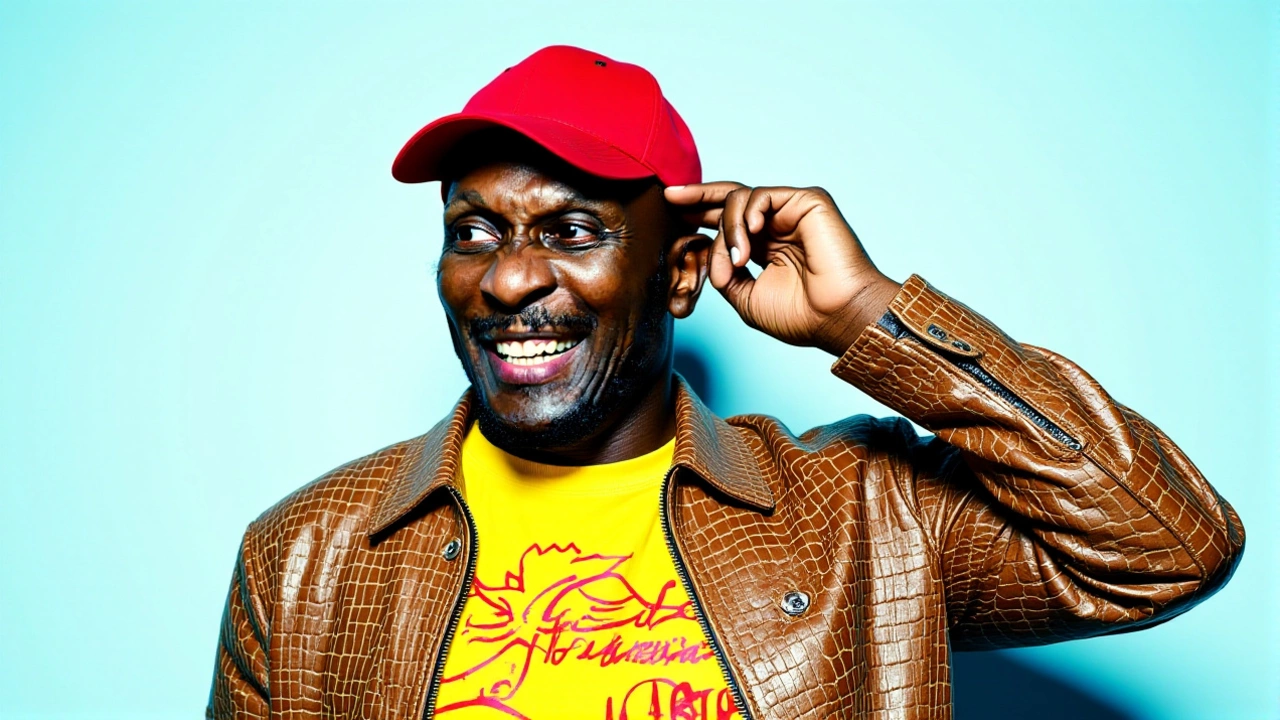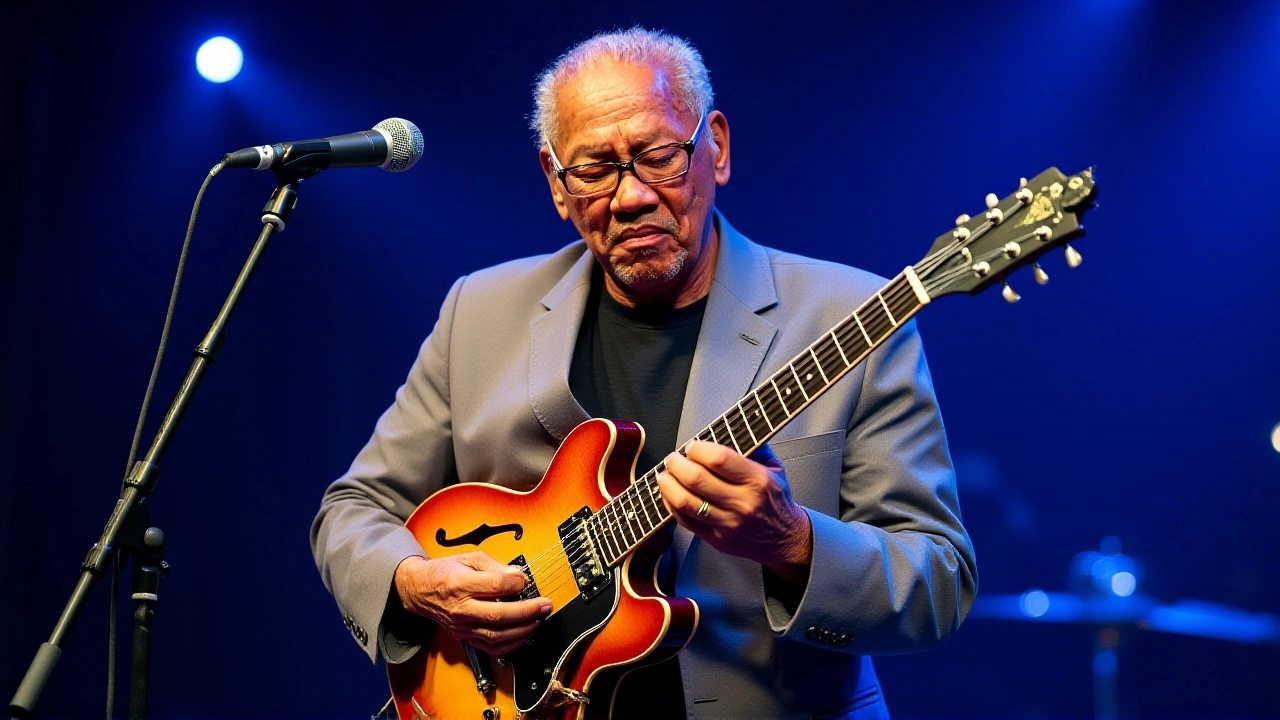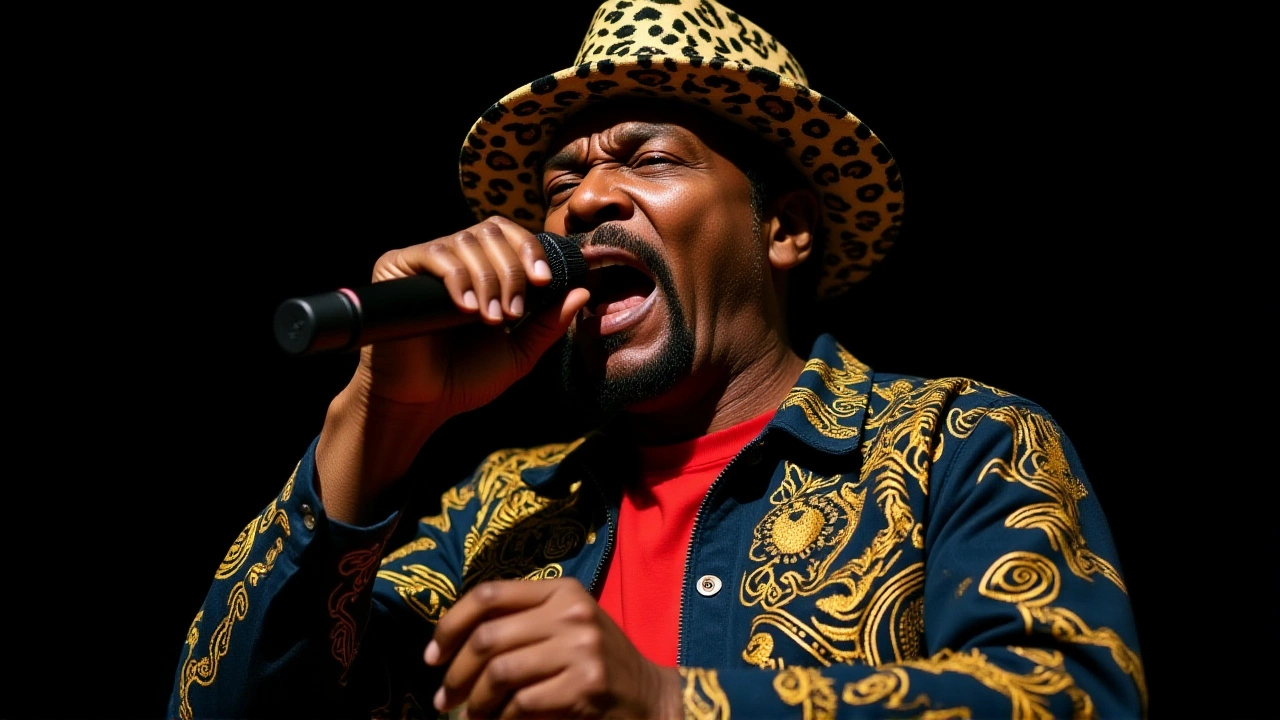Jimmy Cliff, the Jamaican icon whose voice carried reggae from Kingston’s backstreets to the world’s biggest stages, died on Jimmy Cliff on Monday, November 24, 2025, at age 81. His wife confirmed he passed from pneumonia after a seizure, ending a life that reshaped global music and put Jamaica on the cultural map. The news spread fast — CBS Chicago aired a report within hours, and Jamaica’s Prime Minister, Andrew Holness, called Cliff’s music a force that "lifted people through hard times." This wasn’t just the passing of a singer. It was the closing of a chapter in music history.
From Somerton to the World Stage
Born James Chambers on July 30, 1944, in Somerton, St. James Parish, Jamaica, Cliff didn’t just play reggae — he built its international bridge. At 17, he recorded his first hit, "Many Rivers to Cross," and by the early 1970s, he was starring in The Harder They Come, the groundbreaking film that introduced reggae to millions who’d never heard a drum and bass groove before. The soundtrack? Mostly Cliff. His voice, raw and soulful, became the soundtrack to a movement.He wasn’t just a performer. He was a storyteller. Songs like "Wonderful World, Beautiful People" weren’t just catchy — they were declarations of peace in a fractured world. And when he joined the "Sun City" project in 1985 — a protest song by Artists United Against Apartheid — he didn’t just lend his voice. He lent his credibility. That collaboration, spearheaded by Steven Van Zandt, sent a message: reggae wasn’t just music. It was moral courage.
Award-Winning Legacy
Cliff’s accolades weren’t just trophies on a shelf. They were milestones in cultural recognition. He earned seven Grammy nominations, winning twice — most notably for Cliff Hanger in 1985, which took home Best Reggae Album. That album, his last major U.S. breakthrough until 1993, proved he could evolve without losing his roots. In 2010, he became the only living reggae artist to receive Jamaica’s Order of Merit, the nation’s highest honor for arts and sciences. No one else in reggae has held it since.The Rock and Roll Hall of Fame called him "reggae’s first champion." And for good reason. Before Bob Marley became a household name, Cliff was already touring Europe, America, and Africa. In fact, for a stretch in the late 70s, he was seen as Marley’s rival in global reach. Some say he was even more accessible — less mystical, more universal. His voice didn’t need Rastafarian doctrine to move people. It just needed to be heard.

Why This Matters Beyond Music
Cliff’s death isn’t just a loss for fans. It’s a loss for cultural diplomacy. He didn’t just sing about Jamaica — he sold it. To a teenager in London in 1973, hearing "The Harder They Come" meant discovering a Caribbean island that wasn’t just about beaches and sugar. It was about resistance, rhythm, and resilience. His influence echoes in today’s global artists — from Damian Marley to Burna Boy — who carry the torch of reggae’s social conscience.And he did it all without modern marketing machines. No viral TikTok clips. No algorithm-driven playlists. Just live shows, radio play, and films that stuck in people’s minds. He made reggae feel human — not exotic, not trendy, but real.
What Comes Next?
No funeral details have been announced. His wife, who confirmed his passing, remains private. But the ripple effects are already visible. Social media lit up with tributes from musicians, politicians, and everyday fans. In Kingston, street vendors played his albums louder than usual. In London, a crowd gathered outside a record shop and sang "Many Rivers to Cross" in unison.Now, the question isn’t who will replace him — no one can. It’s whether the world will remember what he stood for: music as a tool for unity, not just entertainment. His work with anti-apartheid efforts, his quiet advocacy for Jamaican pride, his refusal to be boxed into a genre — these are the things that outlive albums and awards.

Legacy in Numbers
- 81 years old at time of death (born July 30, 1944)
- 7 Grammy nominations, 2 wins — including 1985’s Cliff Hanger
- Only living reggae artist to hold Jamaica’s Order of Merit
- Star of the 1972 film The Harder They Come, credited with launching reggae globally
- Contributor to the 1985 anti-apartheid anthem "Sun City"
- Inducted into the Rock and Roll Hall of Fame (year unconfirmed, but prior to 2020)
Frequently Asked Questions
How did Jimmy Cliff help popularize reggae music worldwide?
Cliff’s 1972 film The Harder They Come was the first major international release to center reggae music and Jamaican culture. His soundtrack, featuring hits like "The Harder They Come" and "Many Rivers to Cross," reached audiences in Europe and North America who had never heard the genre. He followed this with relentless global touring, making him the first reggae artist to headline major venues outside Jamaica, long before Bob Marley’s rise.
Why was the Order of Merit such a big deal for Jimmy Cliff?
The Order of Merit is Jamaica’s highest honor for artistic or scientific achievement — awarded to only a handful of people since its inception in 1968. Cliff was the only reggae musician still alive to hold it at the time of his death, a distinction that underscored his unique role in elevating Jamaican culture on the world stage. Previous recipients include Nobel laureates and national heroes.
What was Jimmy Cliff’s role in the anti-apartheid movement?
In 1985, Cliff joined the protest project "Sun City," a song by Artists United Against Apartheid, organized by Steven Van Zandt. The track condemned South Africa’s racial segregation policies and boycotted the Sun City resort, which hosted international performers despite apartheid. Cliff’s participation lent his global credibility to the cause, helping turn music into a tool of political resistance — a rare move for a reggae artist at the time.
How did Cliff’s career compare to Bob Marley’s?
While Marley became the global face of reggae, Cliff was arguably its first international ambassador. He toured the U.S. and Europe in the early 70s, appearing on major TV shows and selling out arenas before Marley’s breakthrough. Cliff’s style was more soul-influenced and less overtly spiritual, making his music more accessible to mainstream audiences. Some historians argue Cliff paved the way for Marley’s success.
What’s the significance of "Cliff Hanger" winning a Grammy in 1985?
The win was historic because it came during a time when reggae was still seen as niche in the U.S. music industry. "Cliff Hanger" wasn’t just a comeback — it proved reggae could compete at the highest level of mainstream music. The album blended reggae with funk and rock, showing the genre’s adaptability. It also marked Cliff’s last major commercial success in America until the 1990s, making the award a capstone to his 1980s resurgence.
Will there be a memorial or tribute for Jimmy Cliff?
No official plans have been announced yet. However, Jamaica’s government is expected to honor him with a state tribute, possibly at National Heroes Park in Kingston. Fans worldwide are already organizing unofficial memorials — from reggae nights in Berlin to impromptu street performances in Brooklyn. His legacy is too vast to be contained by one ceremony.
